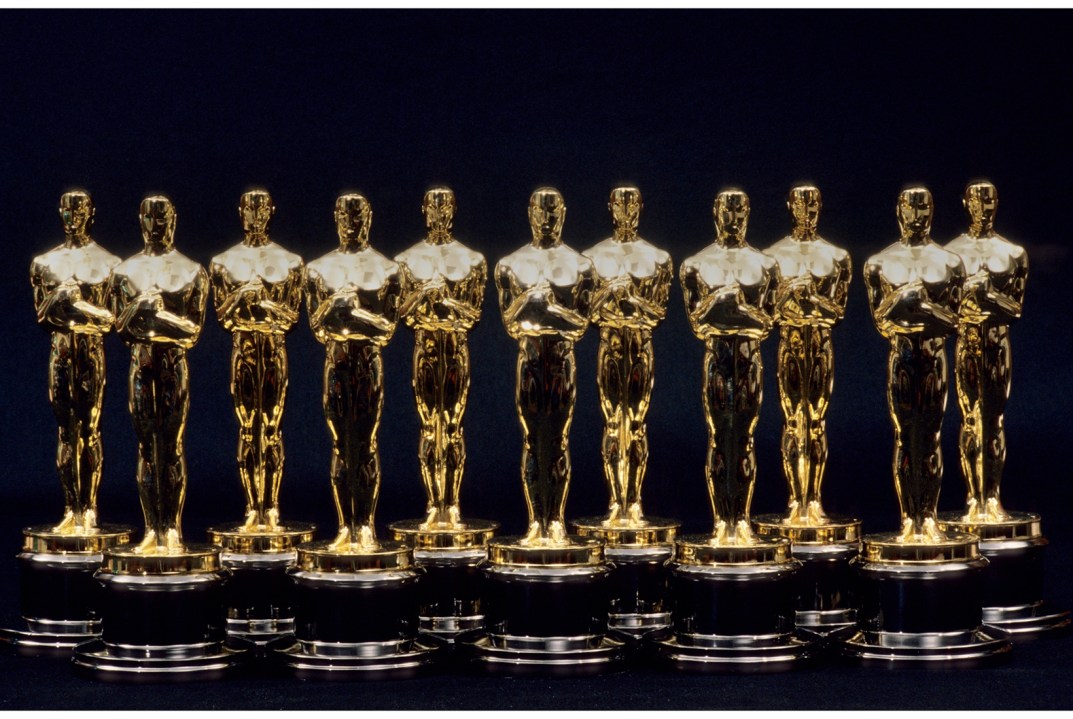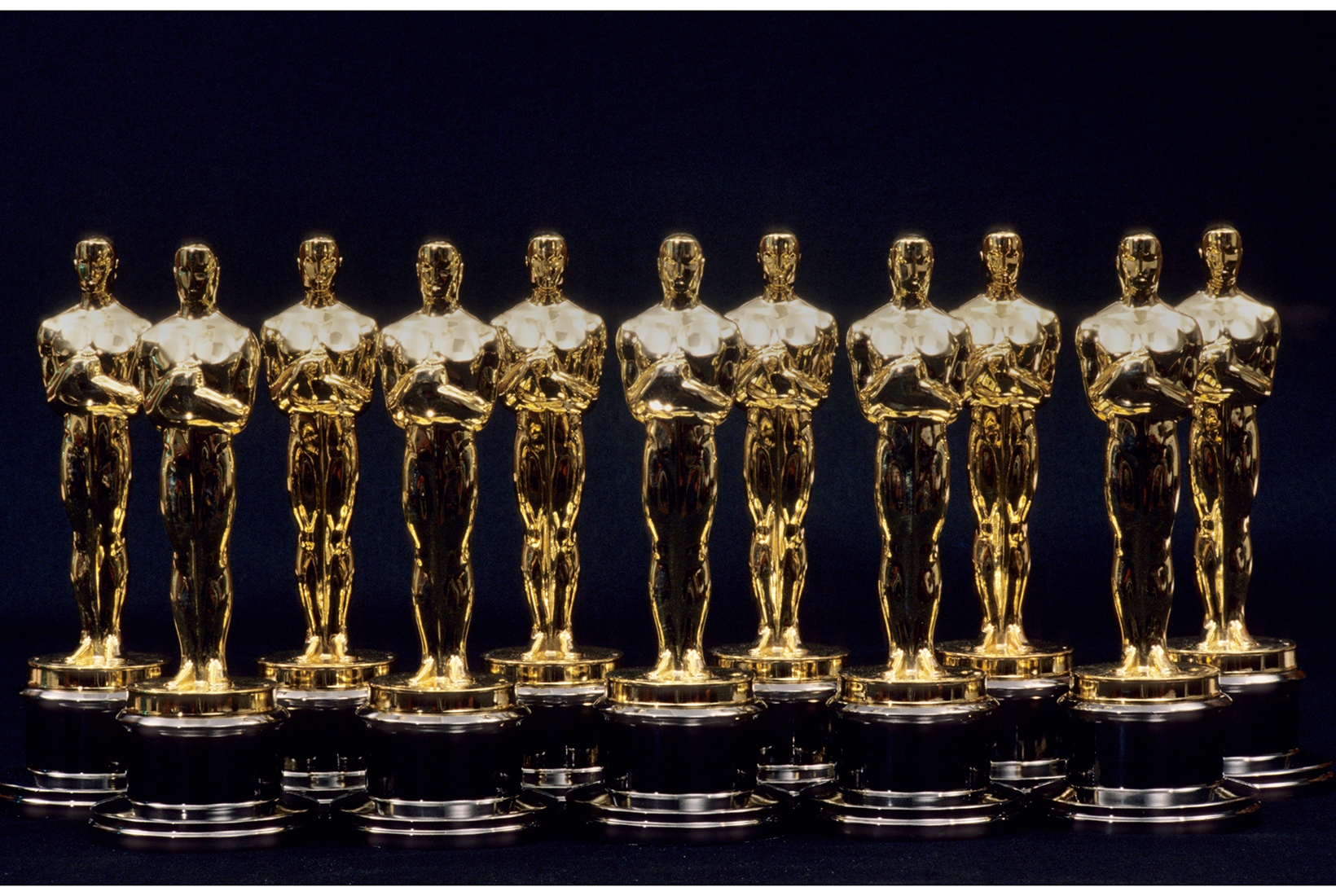Chloé Zhao’s Nomadland, predicted to win big at this year’s Oscars, is not a terrible film. It’s a slight, sentimental Grapes of Wrath-ish journey through the Discourse, with essential Discourse stop-offs at an Amazon warehouse and the rust belt. It belongs in the New Yorker, not on screen. As with almost every film to win big since No Country for Old Men 13 years ago, you just think: the ‘highest honours in filmmaking’? For that?
Amid all the change that’s being trumpeted at this year’s Oscars — more women directors, more ethnic minorities — the one thing missing is any discussion about why the awards are such a lousy guide to great cinema.
It’s no secret that the list of great filmmakers is a list of those who have never won a Best Director Oscar: Eisenstein, Lang, Pabst, Vertov, Vigo, Renoir, Welles, Sirk, Mizoguchi, Ozu, Bresson, Godard, Rohmer, Pasolini, Antonioni, Tarkovsky, Hawks, Hitchcock, Peckinpah, Leone, Kubrick, Satyajit Ray, Varda, Greaves, Fassbinder, Akerman, Mambety, Ottinger, Lynch, Kaul, Herzog, Weerasethakul, Cronenberg, Kiarostami, Hsiao-hsien, Breillat, Von Trier, Denis, Spike Lee, Dumont, Ade, Diaz, and so on.
The Oscars don’t have a diversity problem. They have a problem identifying films of aesthetic value. This is their structural bias. We don’t need them to recover the moral high ground; we need them to recover the aesthetic high ground. Why would anyone care about a film prize otherwise? I’m not looking to the Oscars for a lesson on how to lead a virtuous life. If anything, I want them to show me the path to vice.
If the Oscars focused on what mattered, aesthetics, if they tried to understand what good cinema was — and crucially where good cinema is made — the endless arguments over underrepresentation would vanish, as the list above shows.









Comments
Join the debate for just £1 a month
Be part of the conversation with other Spectator readers by getting your first three months for £3.
UNLOCK ACCESS Just £1 a monthAlready a subscriber? Log in